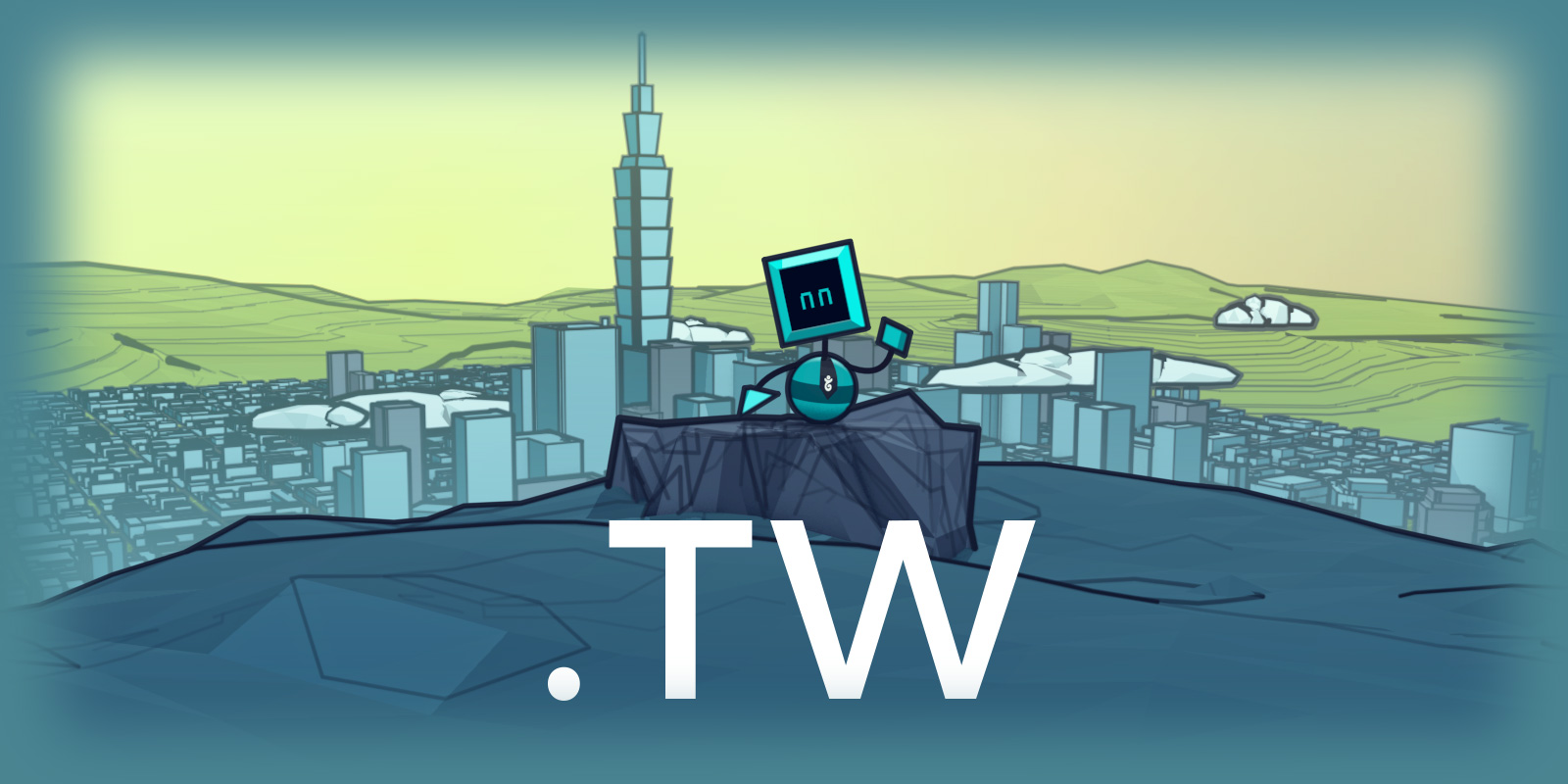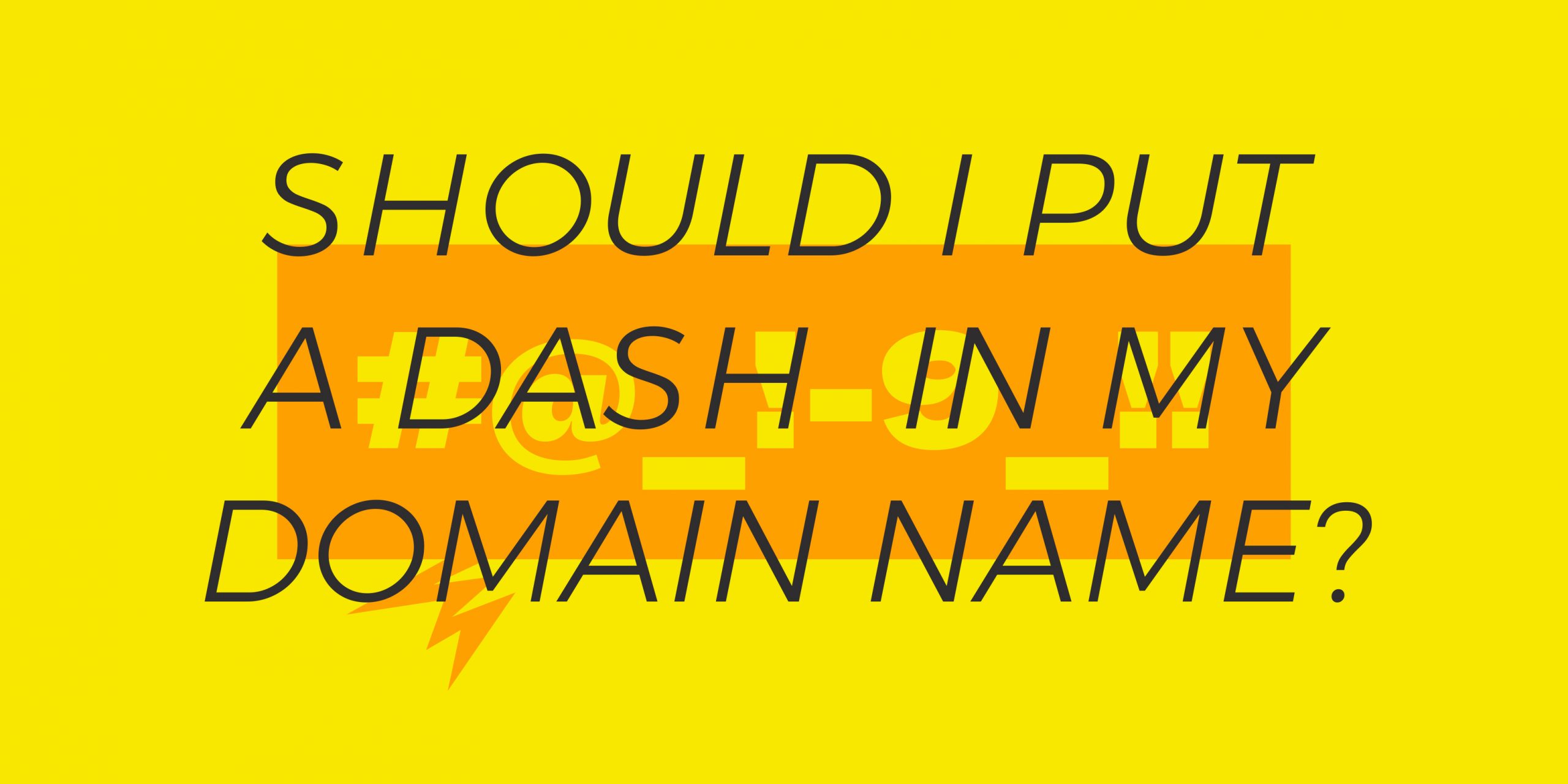In the event that you need a domain name, how you go about getting the one that you want depends on its availability and where you chose register it.
Registering a new domain name
There are a couple places where you can go to register a new domain name, each with its own advantages.
1. A domain name registrar
The purpose of domain name registrars, such as Gandi, is to act as a technical and administrative intermediary between a domain name holder (you) and a registry (the entity in charge of the domain’s extension). As such, there is a minimum number of intermediaries involved in the management of your domain, and you can benefit from the direct experience of the registrar shoud you require assistance. In addition to domain names, Gandi offers a complete range of products for online presence: one of the most powerful DNS on the market, security certificates (SSL), mailboxes and hosting, allowing you to have a single point of contact for all the services you need for your online business.
2. Through a reseller
Resellers are entities that bundle domain name registration services with another service, such as web hosting or other online service that requires a domain name. While resellers are an extra intermediary in the management of your domain name, they are still obliged to allow you to manage the domain name in accordance with registry rules, though not directly.
3. At the extension’s registry
Though it might seem logicial that one would register domains directly with the entity that is in charge of the extension, this is generally, and by far, not the case. Instead, registries may provide you with a list of domain name registrars that are accredited with them, who in turn you can contact to register a domain in that extension.
What if the domain is already taken or unavailable?
If, when searching for the availability of the domain name, you see that it is already registered, all may not be lost, depending once again, on the situation.
1. Domain appears unused
Another case may be that the domain might appear to be unused, and/or has expired. This may happen if the current older registered the domain for some project or idea, but ended up not using the domain and are just going to let it go.
In this case, you have a couple options:
- you can wait for the domain to be released again to the public for new registration, and try to register it yourself.
- you can attempt to contact the domain name’s owner to see if they would be willing to cede it to you in an owner change process.
Neither of the above are a sure win, however.
In the first case, it depends on the domain not being renewed, and, as domains are usually registered on a first-come, first-served basis, there is no guarantee that you will be the first person to register the domain once it is released by the registry.
In the second case, in the event that you manage to contact the domain’s owner, they are not required to answer your request. Alternatively, knowing that you are interested in the domain, they may agree to perform an owner change in your favor, but for a price.
2. Domain for sale by the holder
In some instances, the domain name has been registered by the current holder for the express purpose of selling it to someone who wants it. In this case, you will usually see information on how to contact them on a parking page of the domain for example.
The ensuing procedure would then be an owner change procedure, done between them (the current owner) and you (the new owner), via a provider.
3. Restricted/Reserved/etc.
The registry in charge of the extension of the domain name you want to register may have set it aside for a special registration process. In this case, the whois result will generally say so, and you will need to contact the customer support team of a provider (eg. the registrar whose whois search engine you were using to check for avaiability) for further information.
4. Domain name dispute
It may be that you consider that the domain name you want for your business or brand is currently being used in a manner that is deliberately detrimental to your legal entity. In such cases you should contact the abuse department of the registrar who manages the domain name for further information. This contact information can be found in the whois of the domain name.
Tagged in Nom de domaine



